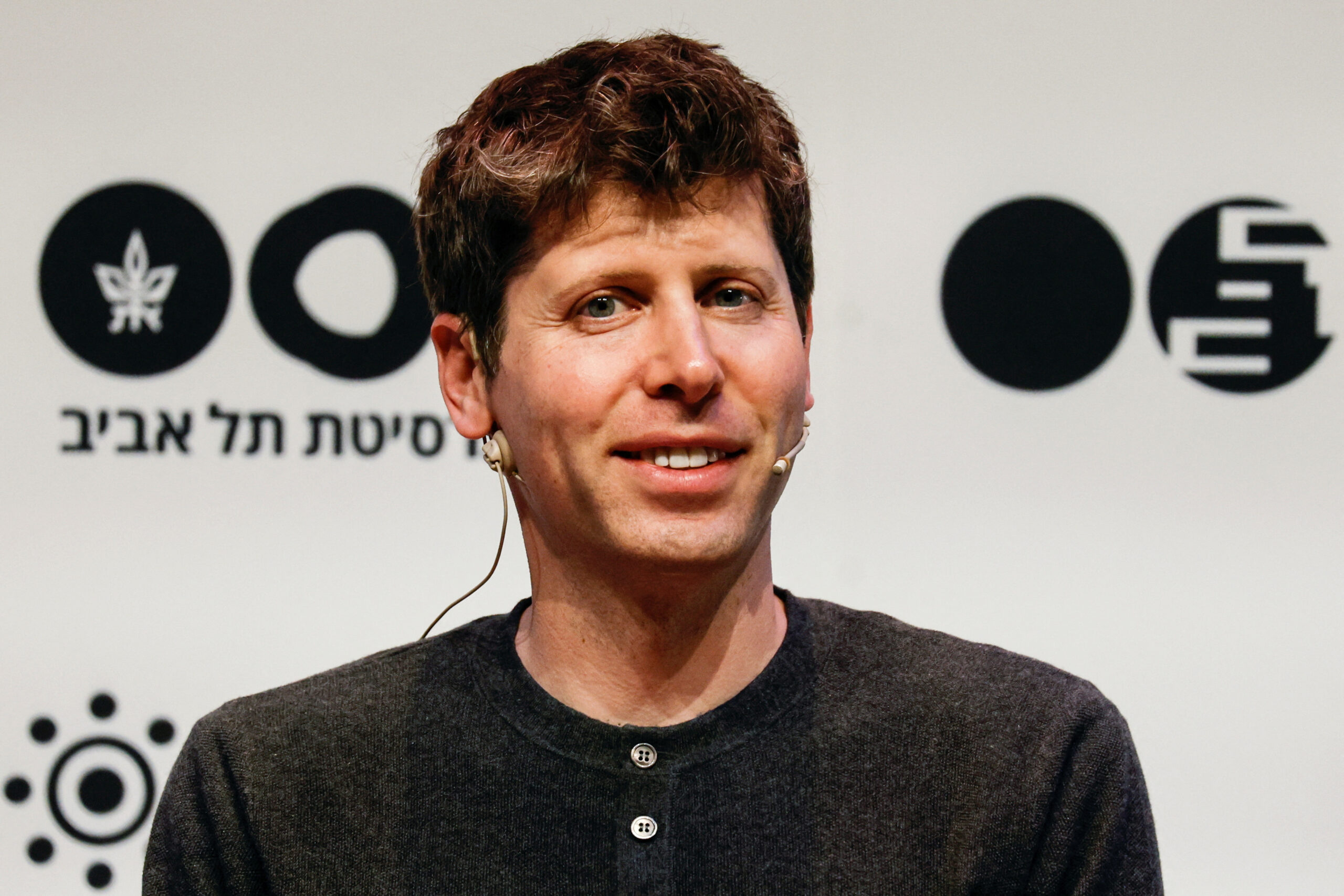In its foray into national defense, OpenAI signed its first government contract with the United States Department of Defense for a $200 million contract to provide cutting-edge artificial intelligence capabilities.
The one-year agreement, now officially signed and entered into the Pentagon’s procurement register, is historical for OpenAI as it steps into public sector deployment and development of AI to military standards.
The collaboration is a testament to growing readiness on the part of defense groups to tap into the potential of artificial intelligence to create the strength of national defense, enhance decision-making capabilities, and enhance operational effectiveness in all areas of defense. It is an OpenAI strategic initiative to step into a new category of nonconventional commercial and consumer AI space where artificial intelligence is being recognized as an emerging force multiplier.
Although the details of the contract remain limited due to its sensitive nature, the announcement underscores the U.S. government’s intent to accelerate AI adoption across defense ecosystems. Sources familiar with the development have hinted that the contract will support the integration of OpenAI’s advanced machine learning tools into secure platforms, potentially aiding in intelligence analysis, threat detection, data synthesis, and real-time strategic assessments.
This partnership follows the recent past few weeks after OpenAI, in December 2024, said it would partner with Anduril, a top defense technology firm known for breaking new ground in applications of autonomous systems, surveillance drones, and software platforms in dangerous missions. OpenAI subsequently stated its intentions to co-develop AI technology suitable for “national security missions,” institutionalizing what is to be an expanding collaboration with defense research partners.
The US Defense Department increasingly depends on the civilian sector technology to remain up to speed with the challenges of hybrid war and world competition in technology. From space-based systems to cyber defense and autonomous defense systems, all such technologies have always interested the DoD in overhauling its capabilities with the assistance of front-end AI and software firms. The OpenAI acquisition is also part of replacing the current defence solutions with next-gen cutting-edge technology.
OpenAI, the creator of ChatGPT and other innovative AI systems, has been motivated to leverage artificial general intelligence (AGI) to benefit all humankind. Its shift towards defense collaborations has also reopened discussions on ethical boundaries, openness, and ethical use of AI, especially in warfare. Nonetheless, OpenAI again assures all its partnerships with military institutions will be governed by strict conditions upholding human agency, upholding civilian freedoms, and limiting the abuse of AI technologies.
Industry experts contend that the acquisition is only part of a larger pattern in which governments are going out to integrate AI. Artificial intelligence is no longer viewed as a productivity driver or a business application, but is increasingly being used as a geopolitical tool in defense bases and foreign policy projects. With OpenAI entering the fray, more AI firms can jump on the bandwagon, altering the competitive dynamics for defense technology innovation.
Lastly, the $200 million defense deal places OpenAI in the national security spotlight as a business AI tech game-changer and emerging national security player. As technology increasingly transforms competitiveness in global competition and military readiness, the deal is just the beginning of potentially multi-year courting between Washington’s top security institutions and Silicon Valley’s brains.



